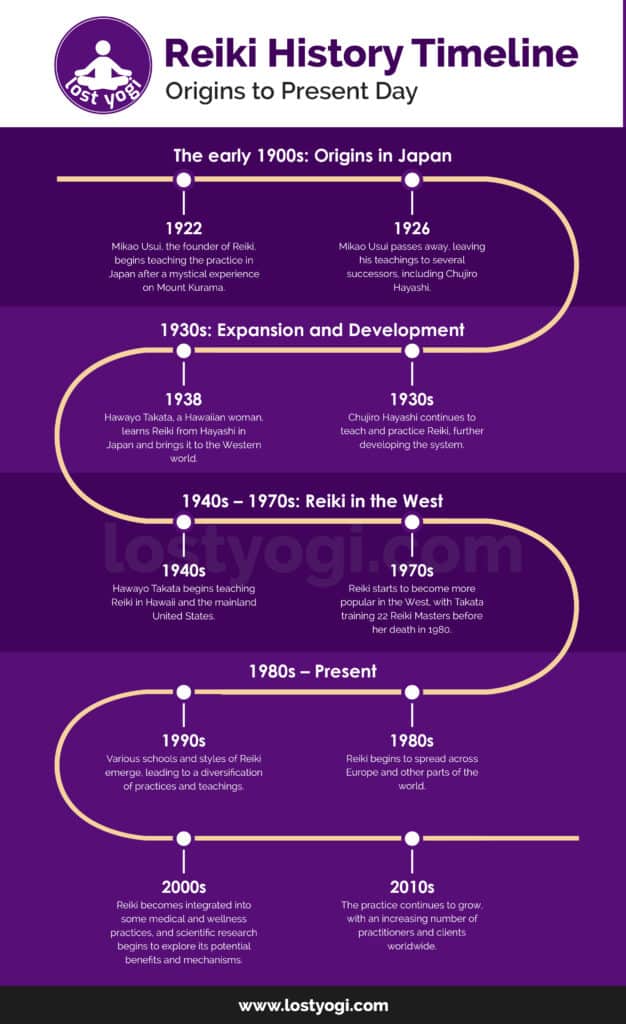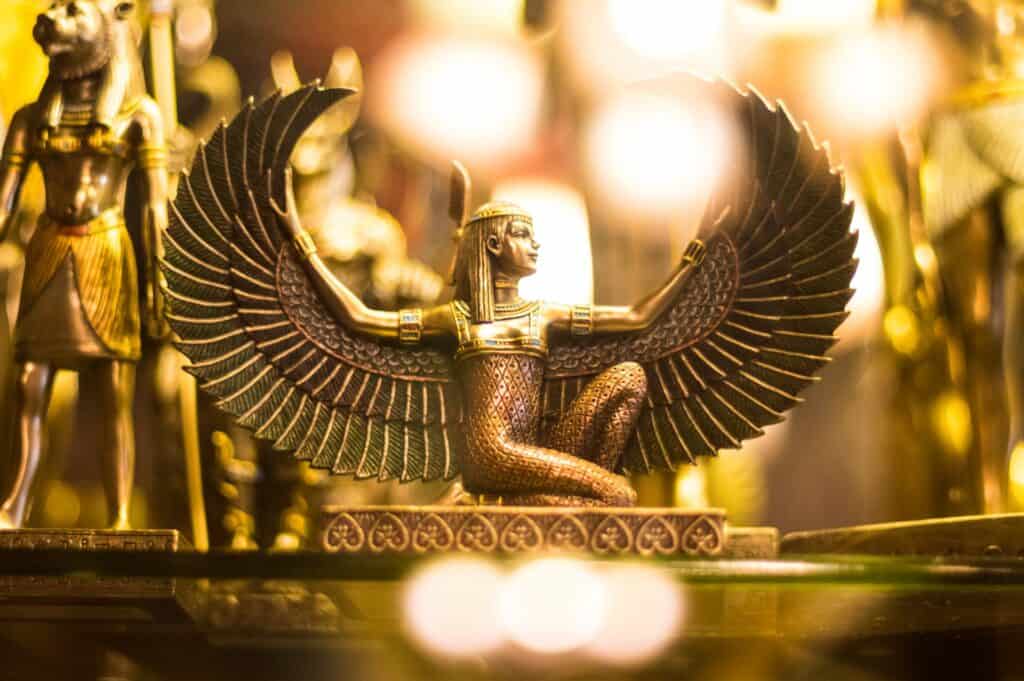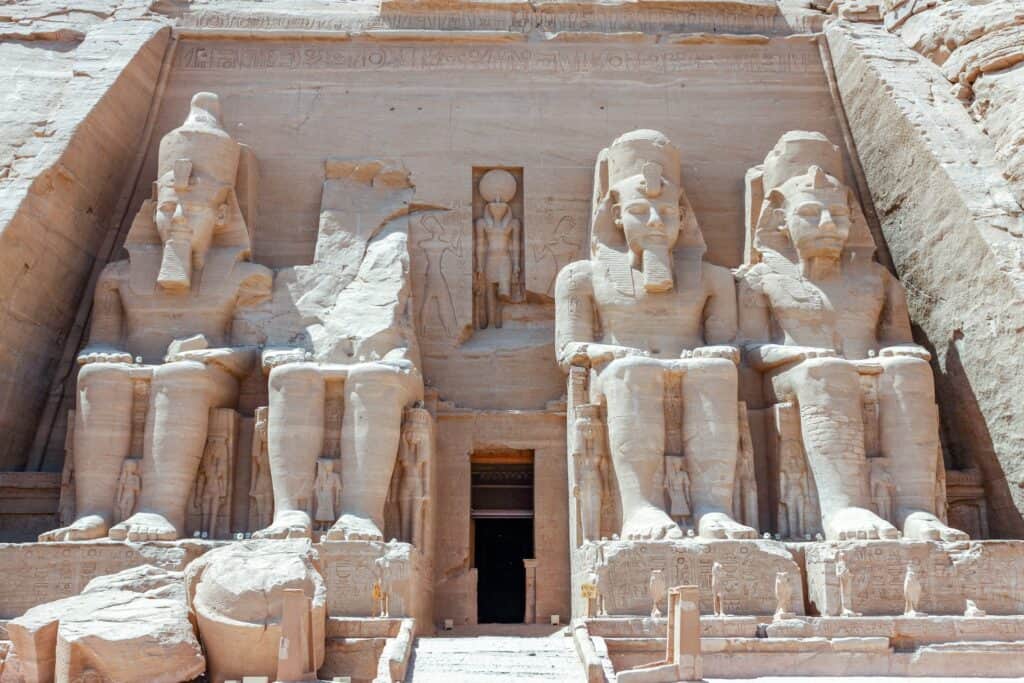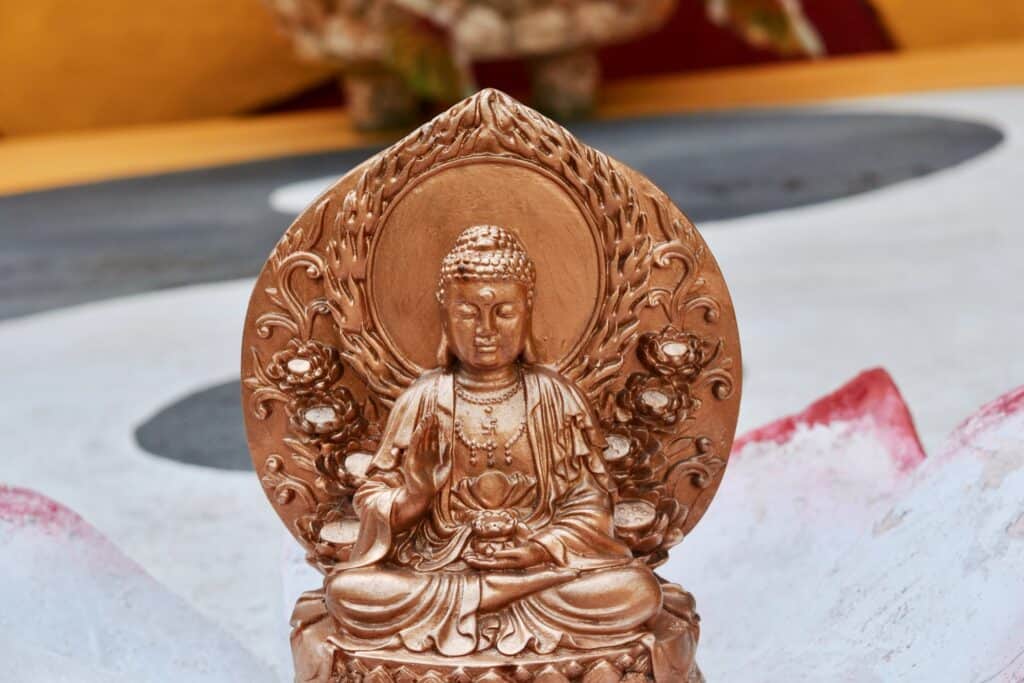This Reiki Origin history timeline is a fascinating exploration of a healing practice that answers the question “What is the Origin of Reiki” and transcends cultural and geographical boundaries.
Embracing principles from various spiritual traditions yet not confined to any specific religion, Reiki has become a versatile therapeutic tool used in various settings, from hospitals to wellness centers.
What is the Origin of Reiki?
The Reiki Origin Story delves into the chronological development of Reiki, highlighting key milestones, influential figures, and an Evidence-based History of Reiki that have shaped its growth and acceptance in the modern world.

The early 1900s: Reiki Origin in Japan
- 1922: Mikao Usui, the founder of Reiki, begins teaching the practice in Japan after a mystical experience on Mount Kurama.
- 1926: Mikao Usui passes away, leaving his teachings to several successors, including Chujiro Hayashi.
1930s: Expansion and Development
- 1930s: Chujiro Hayashi continues to teach and practice Reiki, further developing the system.
- 1938: Hawayo Takata, a Hawaiian woman, learns Reiki from Hayashi in Japan and brings it to the Western world.
1940s – 1970s: Reiki in the West
- 1940s: Hawayo Takata begins teaching Reiki in Hawaii and the mainland United States.
- 1970s: Reiki started to become more popular in the West, with Takata training 22 Reiki Masters before she died in 1980. Takara is considered to be one of the most important persons in the history of Reiki healing and thus made it to the Reiki History Timeline.

1980s – Present:
- 1980s: Reiki begins to spread across Europe and other parts of the world.
- 1990s: Various schools and styles of Reiki emerge, leading to a diversification of practices and teachings.
- 2000s: Reiki becomes integrated into some medical and wellness practices, and scientific research begins to explore its potential benefits and mechanisms.
- 2010s: The practice continues to grow, with an increasing number of practitioners and clients worldwide.
This was the origin part of the Reiki History Timeline, now let’s move on to the evidence-based history of Reiki part.
An Evidence-based History of Reiki
The evidence-based history of Reiki reflects a growing interest in the scientific community to understand and validate this energy-healing practice. While Reiki’s origins date back to the early 20th century in Japan, scientific research on Reiki began to emerge in the latter part of the 20th century.

The evidence-based history of Reiki reveals a trajectory from initial skepticism and methodological challenges to a more nuanced and positive understanding of its potential therapeutic benefits.
While Reiki is still considered a complementary and alternative therapy, the body of scientific research supporting its effectiveness continues to grow, reflecting a broader acceptance and interest in this unique healing practice.
1990s
- Early Research: The 1990s saw the beginning of scientific interest in Reiki, with preliminary studies exploring its potential effects on pain, stress, and well-being.
- Challenges: The lack of standardized research methodologies and the subjective nature of energy healing made it challenging to conduct rigorous scientific studies.

2000s
- Growing Interest: The 2000s marked a period of increased research on Reiki, with studies focusing on its potential benefits for various medical conditions, including cancer, anxiety, and chronic pain.
- Meta-Analyses and Reviews: Several reviews and meta-analyses were conducted to synthesize the existing research, providing a more comprehensive understanding of Reiki’s effects.
2010-2013
- Integration into Healthcare:
Some hospitals and healthcare facilities began to integrate Reiki into their complementary and alternative medicine programs.
Today more than 800 hospitals across the United States offer complimentary Reiki Therapy to their patients. - Continued Research:
Studies continued to explore Reiki’s potential benefits, with a focus on its effects on specific populations, such as cancer patients and caregivers.
2014
- Study: “Effect of Reiki therapy on pain and anxiety in adults: an in-depth literature review of randomized trials with effect size calculations.” Link
- Findings: This review calculated the effect of Reiki therapy on pain and anxiety, indicating potential benefits.

2015
- Study: “Reiki for depression and anxiety.” Link
- Findings: A review of Reiki as a treatment for depression and anxiety, exploring its potential as a vibrational or subtle energy therapy.
2017
- Study: “Reiki Is Better Than Placebo and Has Broad Potential as a Complementary Health Therapy.” Link
- Findings: This study reviewed clinical studies of Reiki to determine if there is evidence that Reiki provides more than just a placebo effect.
2018
- Study: “The effect of reiki on pain: A meta-analysis.” Link
- Findings: A meta-analysis of the effect of Reiki on pain, shows significant results in pain reduction.
2019
- Study: “Reiki therapy for pain, anxiety and quality of life.” Link
- Findings: A review of Reiki therapy’s role in palliative care, focusing on pain, anxiety, and quality of life.
2020
- Study: “Reiki, Nursing, and Health Care.” Link
- Findings: An overview of Reiki’s integration into hospital systems and its use with various patient populations.

2021
- Study: “Effect of Reiki therapy on the stress level of caregivers of patients with cancer: Qualitative and single-blind randomized controlled trial.” Link
- Findings: A clinical trial examining the effect of Reiki on the stress level of caregivers of cancer patients.
Reiki Origin
These Reiki Origin studies collectively provide evidence for Reiki’s potential benefits in various areas, including pain management, anxiety reduction, and overall well-being.
They also reflect the growing interest in Reiki within the medical and scientific communities.

It’s important to note that different Reiki practitioners and schools may have varying interpretations and practices, so individual experiences with Reiki may differ.
Some may incorporate more spiritual or religious elements, while others focus solely on the energy-healing aspect of the practice.
This is not a complete Wikipedia as there is much more to the Reiki Origin History Timeline than what I can cover in one blog post, like the birth of Karuna Reiki and many other things.
They, however, have their very own blog posts, so take a look at these 25 Types of Reiki
